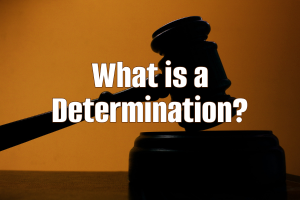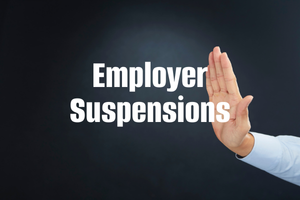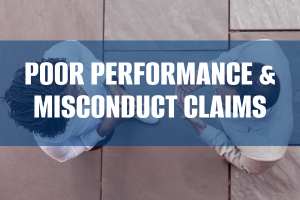
Hearsay is a legal term generally defined as “an out-of-court statement introduced to prove the truth of the matter asserted”. Hearsay testimony can be admissible in an unemployment hearing; however, it is not given the same weight as first-hand testimony.
Information gathered from another source and reported to you is considered hearsay and not first-hand testimony. A written statement obtained by the employer during the course of an investigation for example is considered hearsay without the testimony of the person who authored the statement. Testimony about an incident that occurred and was reported to you is considered hearsay without the person who actually saw the event unfold live. Further, a witness testifying to what was seen on a video tape is also considered hearsay unless either the videotape itself is in evidence or the witness observed the event happening live on the camera feed.
First hand testimony affords a party with the greatest opportunity to prevail or win an unemployment hearing. First hand testimony is what a witness saw with their own eyes and heard with their own ears.
If you have questions about what is considered hearsay or first-hand testimony, your Hearing Consultant or Hearing Representative will consult and advise you as to who will need to testify in order to help present the strongest case possible.
Thank you to our partner Equifax for providing this content.


